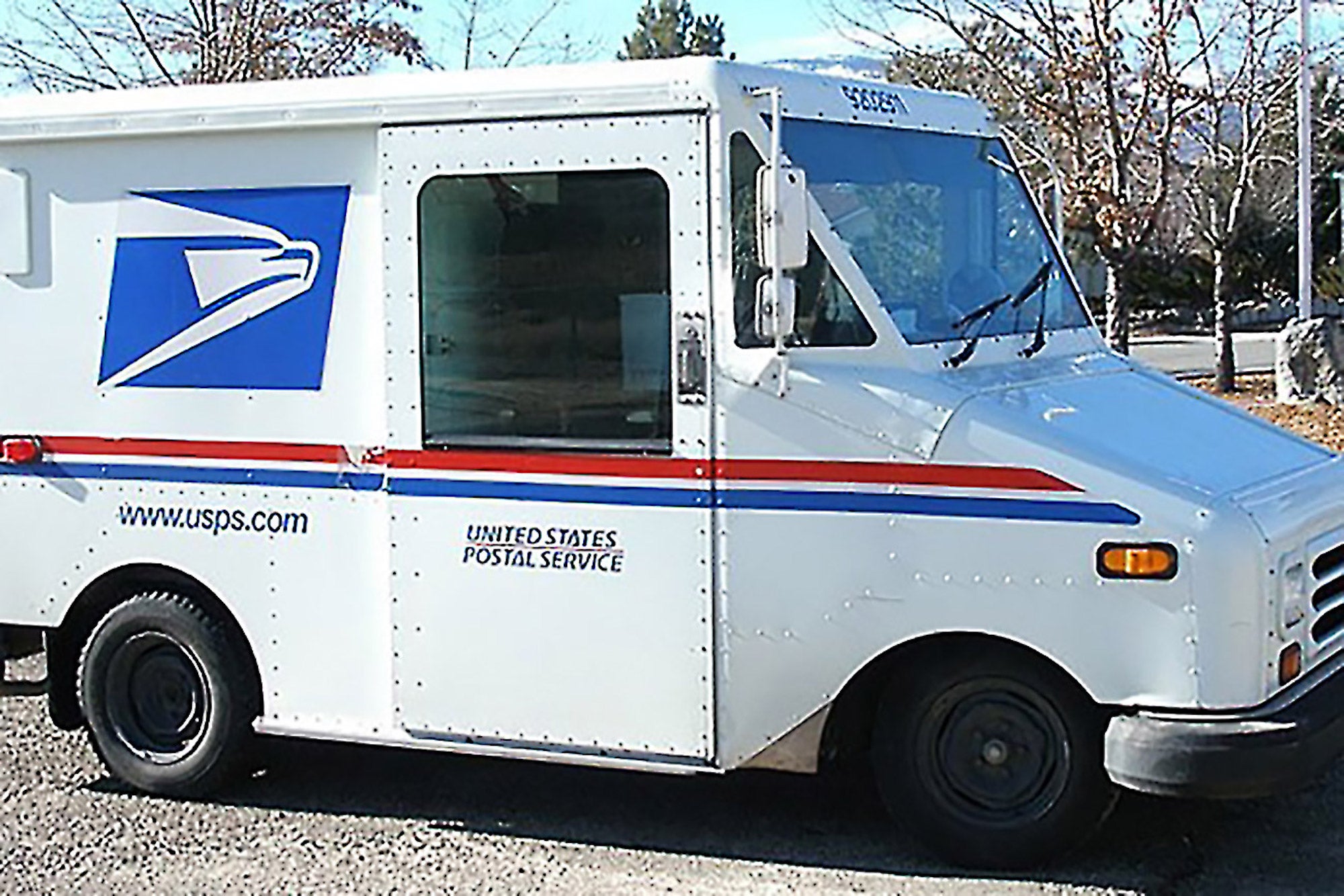Why the Postal Service Getting Into Banking Is the Worst Idea Ever In a misguided attempt to help the lowest income rung, the USPS is being floated as America's next bank. That won't help anyone.
By Ray Hennessey Edited by Dan Bova
Opinions expressed by BIZ Experiences contributors are their own.

Imagine a bank that lost more than $16 million a day. Would you trust it to safeguard your money?
One would hope that's a hypothetical question, but it isn't. There is an idea being floated to get the U.S. Postal Service into the lending business, as a way to help those who don't have a banking relationship and boost the post office's dreadful financial performance.
The concept is being championed by Sen. Elizabeth Warren, (D-Mass.). "If the Postal Service offered basic banking services -- nothing fancy, just basic bill paying, check cashing and small dollar loans -- then it could provide affordable financial services for underserved families, and, at the same time, shore up its own financial footing," she wrote.
At issue for Warren is that the poor have to pay more for financial services since they use check-cashing services and payday loan companies, rather than banks. Put aside the obvious -- that many banks saddle people of all income levels with huge fees -- and remember that there is often a reason many in the lowest income brackets don't use banks: They are turned away. That isn't cruelty or discrimination, but good free-market business sense. Many have a history of unresolved overdrafts at previous banks or defaults on prior loans. As taxpayers, we don't want our banks to take on these risks. Remember how much it cost us all to bail them out last time?
Related: Why the Postal Service Can't Capitalize on Christmas Shipping Woes
Non-bank businesses saw an opportunity here, which has led to the rise in payday lending, pawn shops and check cashers. Wal-Mart will even cash your check -- all for a fee. Of course there should be a fee and of course it should be higher. There is, after all, more risk and therefore that risk needs to be compensated with a rise in fees and interest rates.
Yet, some quarters want there to be a lending vehicle that doesn't live in this economic reality. Enter the Postal Service. Proponents of the post office as a lender say scale is the biggest advantage. "With post offices and postal workers already on the ground," Warren wrote, "USPS could partner with banks to make a critical difference for millions of Americans who don't have basic banking services because there are almost no banks or bank branches in their neighborhoods."
But size isn't the real advantage for proponents. Structure is. The Postal Service is controlled by the government, even though everyone pretends it is independent and private. Congress manages its budget, which is why it has failed. It cannot close underperforming post offices. It has to pay $5.5 billion on benefits its own workers don't use. And any innovation, like ending weekend delivery, is met with opposition from lawmakers.
Related: As More Workers Drop Out, We Need a Better Solution
That kind of government control is perfect for a bank for the poor, in the proponents' eyes. The Postal Service won't be able to charge appropriately high interest on loans, or have high fees on check cashings, because lawmakers won't let it. That means the post office will be taking risk, but not hedging against it with fees or interest. Checks bounce. People default. The Postal Service will just have to swallow that.
The idea has some defenders within the Postal Service itself, and was floated in a white paper by the organization's inspector general. But it is unclear whether the group is ready for the workload, new regulations and cost involved in entering financial services. Then there is the reputational risk. Despite its stumbles, people like the Postal Service and letter carriers. Guess which two groups rank last on the reputational scale? Yep, banks and Congress.
Lastly, this has the potential of destroying jobs at a time when employment should be the top priority of policymakers. An BIZ Experiencesial drive led people to see a need to lend to the unbanked, and these businesses would suddenly be at risk is the post office got into the banking game. It would also disincentivize existing banks to take more risk on relationships with the working poor, which should be everyone's goal.
The plan doesn't compute and is a savior neither for the poor nor the post office. Rather than shoring up the finances of the Postal Service, it could be financially disastrous, causing an entity that already loses close to $6 billion a year on its core business to go even deeper into the red. What will prevent that? An extra two cents per stamp? (Assuming Congress lets them raise that rate.) No. Ultimately the taxpayer will be the backstop.
After all, the post office is too big to fail.
Related: Government Shuts Down 11-Year-Old's Cupcake Business











